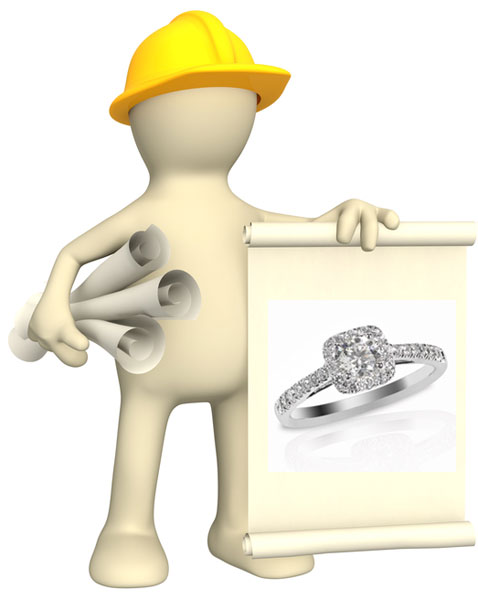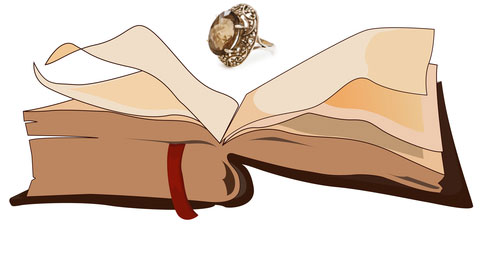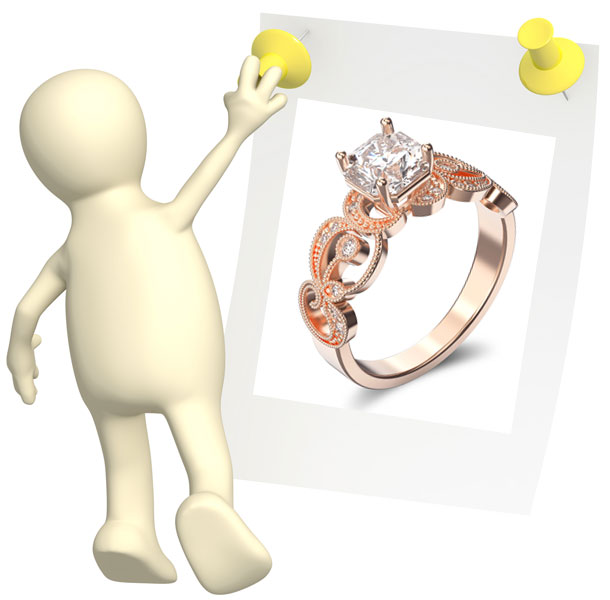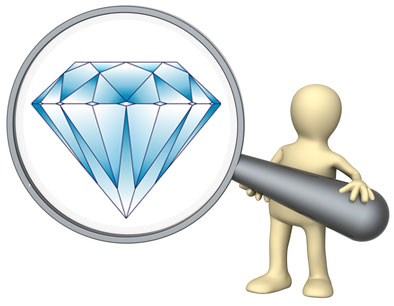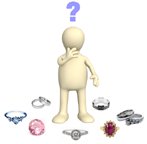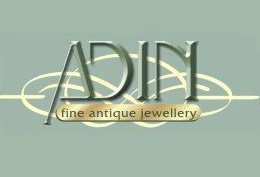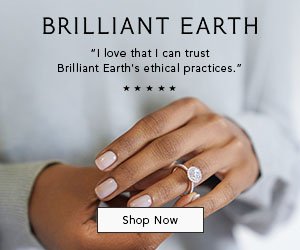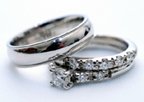Real Genuine Alexandrite Ring or Synthetic?
by Susanne
(Woodstock, NB, Canada)
I received my alexandrite ring in 1968 - I remember a tag on the inside of the ring box that declared my ring to be alexandrite - at that time I had never even heard of an alexandrite.
I have always believed my ring to be genuine but recently I had a local jeweller look at it and he said it was synthetic. The stone is sometimes a grey-green, sometimes a khaki green, sometimes a brighter green and in fluorescent lighting it is a deep purple (almost the color of an amethyst). I have never noticed a redness to the coloring. It is probably about a .75 carat and is set in a lovely high solitaire six prong white gold setting.

Hi Susanne,
It is very difficult to say whether or not your ring could be real alexandrite - but the price that was paid for the ring in 1968 may help to provide an answer.
Alexandrite has always been a very rare and valuable gemstone. Today, a 0.75 carat alexandrite with a quality cut and color change would be worth tens of thousands of dollars. But even at the time of the ring's purchase the same stone would have probably been priced at a few thousand dollars or more.
If the price of the ring was lower than that, it is probable that the ring is not made with real alexandrite.
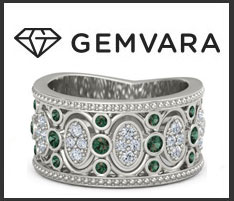
One of the initial technologies used to create synthetic alexandrite was developed in 1964 - so it is possible that your alexandrite could be one of these early synthetics. Lab grown alexandrite gemstones can sometimes be identified by impurities left in the gemstones from the growth process - or they can be identified by microscopic visual impressions left on the stones or crystals which only occur in lab created gemstones.
It may be helpful to go back to the jeweller who initially looked at the alexandrite and ask what indications on the gemstone caused the jeweller to draw that conclusion.
It is also important to note, that synthetic lab created alexandrite was often falsely sold as real alexandrite (and today there are cases of this as well), or just sold as 'alexandrite' without mentioning that the stone was synthetic as well.
Hopefully this info can help you to determine if the ring really does hold a synthetic alexandrite. If you are not confident with the jeweller's assessment of the stone, it may be helpful to get a second opinion or to have the ring examined by a certified gemologist or a gemological laboratory.
Do write again if you have any additional questions.
Thanks!
Suzanne Gardner
Everything Wedding Rings
Comments for Real Genuine Alexandrite Ring or Synthetic?
|
||
|
||
|
||
|
||
Recommended & Trusted Jewelers
Our Advertisement Policy
Adin Fine Antique Jewelry
Use Code=Everything-Wedding-Rings
For a 5% Discount



